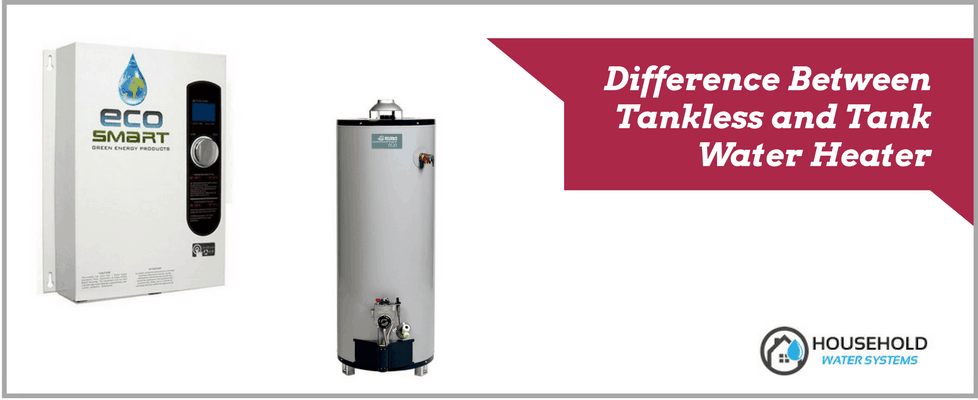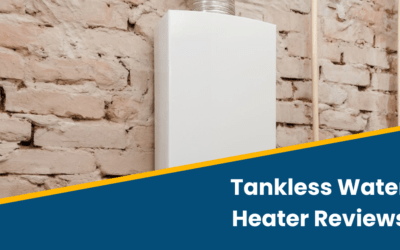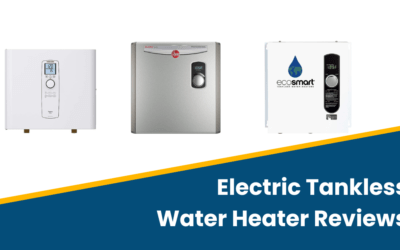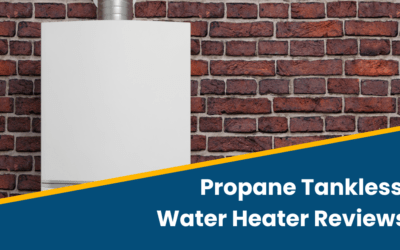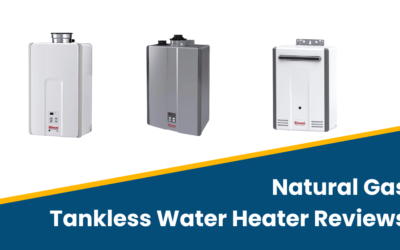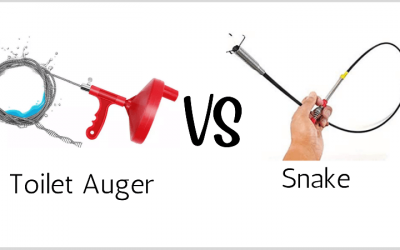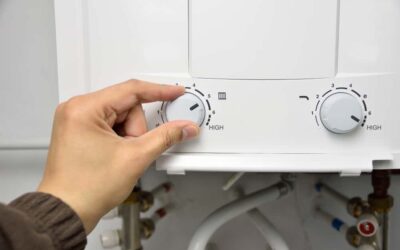If you are currently searching for a new water heater, then there are two primary types you must choose between tankless water heaters and traditional water heaters with an attached tank.
Each one has its own set of advantages and disadvantages, and as with most purchases you’ll make, there are tradeoffs for each one. So, which one is better?
The answer to that question is up to you, but in order to make an educated buying decision, it’s important to understand what the differences between the two are.
Tank Water Heaters
Traditional water heaters with a tank are often referred to as storage models. These models are insulated, and depending on their size, can hold between 30 and 120 gallons of water. Either gas burners or electric heating elements are used to heat the water as needed. Hot water is essentially “held” at the top of the tank, while the incoming colder water is stratified at the bottom. As the hot water is drawn off the top, the colder water is heated, so that you’re provided with a continuous flow of hot water.
Tank water heaters have a “first hour rating”, which lets you know how many gallons of hot water the model can deliver in an average hour.
A tank water heater frequently loses heat through the walls of the tank. Although these tanks are insulated, the differences in temperature across the insulated tank is so significant that, even with an abundance of insulation, heat loss is considerable. Some lost heat can be replenished via the pilot, but the majority of the heat that the pilot produces is lost through the flue.
Tankless Water Heaters
In response to a growing consumer demand for efficiency, the tankless water heater was developed. Commonly called on demand water heaters, this type of water heater is typically installed at the point of use. For example, tankless water heaters can usually be found in the bathrooms of European homes. However, in North American homes, they are generally installed in a location that is central to the home.
The main point of attraction for tankless water heaters is that they never run out of hot water — assuming that the tank’s capacity is large enough to meet demand. Another selling point is the fact that they do not suffer from standby losses. Because a tank is not used to store hot water, there is no heat loss when the water tank is not in operation.
Consumer Reports published a study which concluded that tankless water heaters, on average, use 22% less energy than traditional water heaters. Likewise, the Center for Energy and Environment published a similar study that concluded tankless water heaters used 36% less energy than their storage model counterparts.
Which Option Should I Choose?
There is no right or wrong option here. The model you choose should be based upon your budget, your lifestyle, and the requirements of your household.
The Energy.gov website states that an Energy Star rated tankless water heater will save you, on average, $100.00 each year. On the other hand, the cost of a traditional water heater is roughly half that of a tankless water heater. There are pros and cons to each option.
While storage model water heaters consistently work with low pressure, they do require energy to keep the stored water hot. Tankless water heaters require less energy to operate, but they often run into limitations when multiple appliances requiring hot water are being run at the same time. Experts believe that the benefits of a tankless water heater outweigh those provided by standard water heaters, but you must still give due consideration to your lifestyle needs and specific situation. Each option provides different short term and long term benefits.
Conclusion
If you can afford the high initial cost of a tankless water heater, then you can expect to save more money over time by choosing a tankless model. On demand water heaters are an excellent option for large families since there is a greater number of people using more hot water on a consistent basis; however, if you want an inexpensive replacement or are on a limited income, then a traditional water heater makes a more practical choice.

